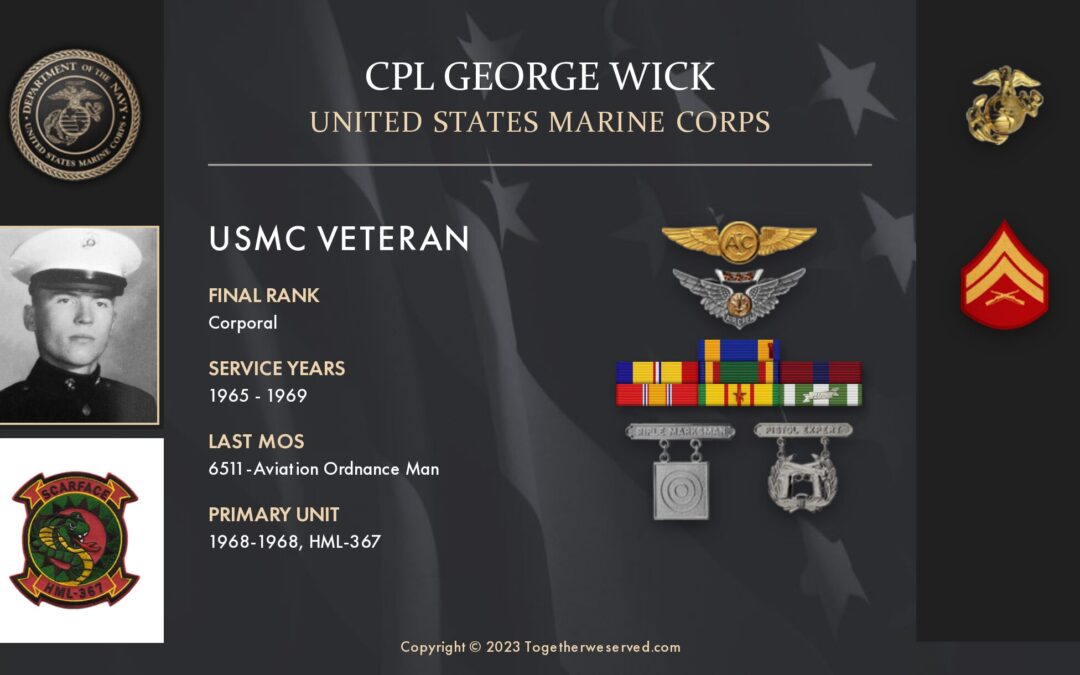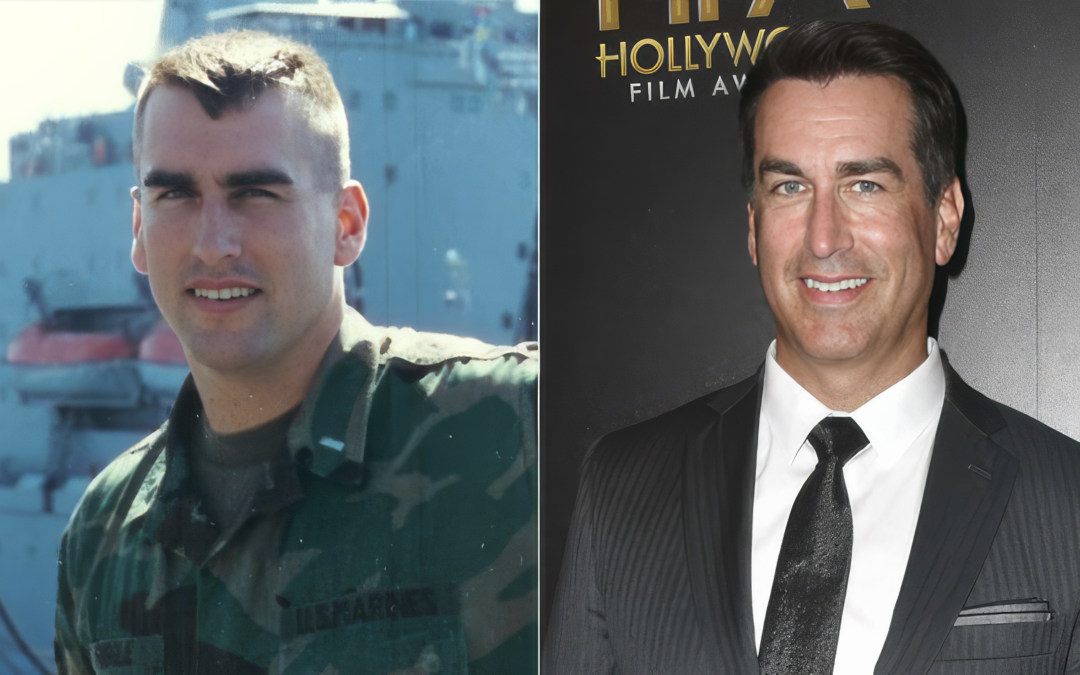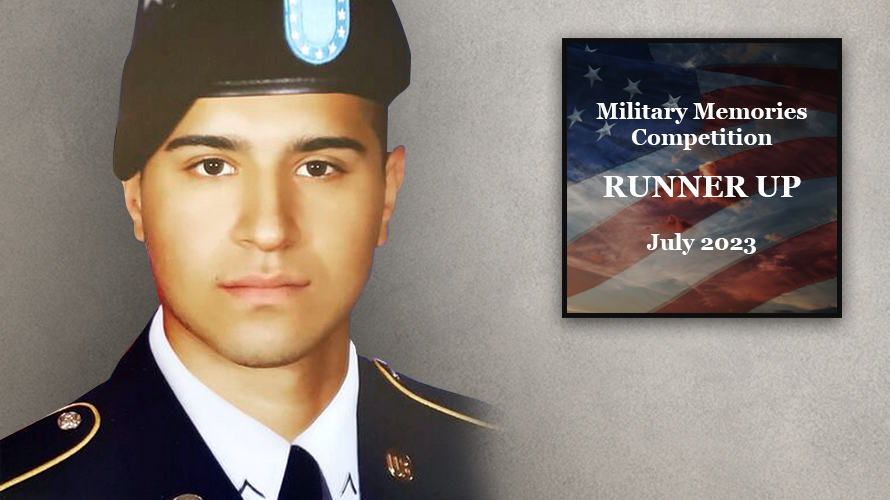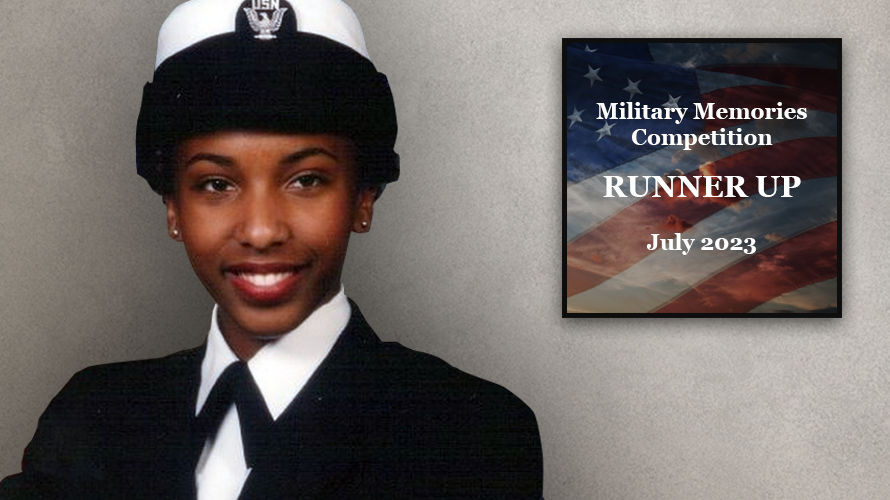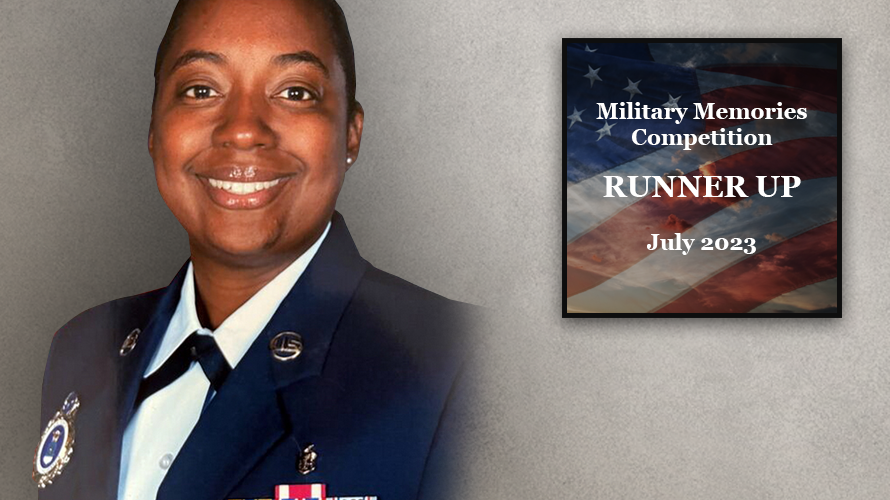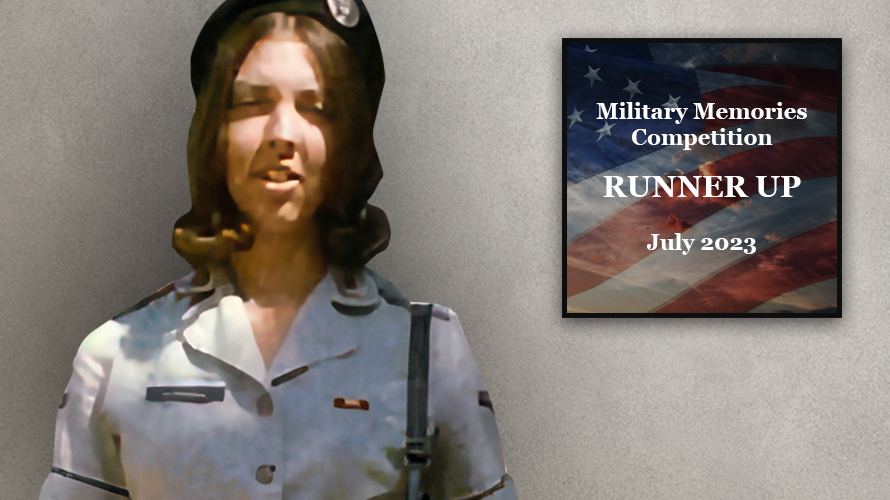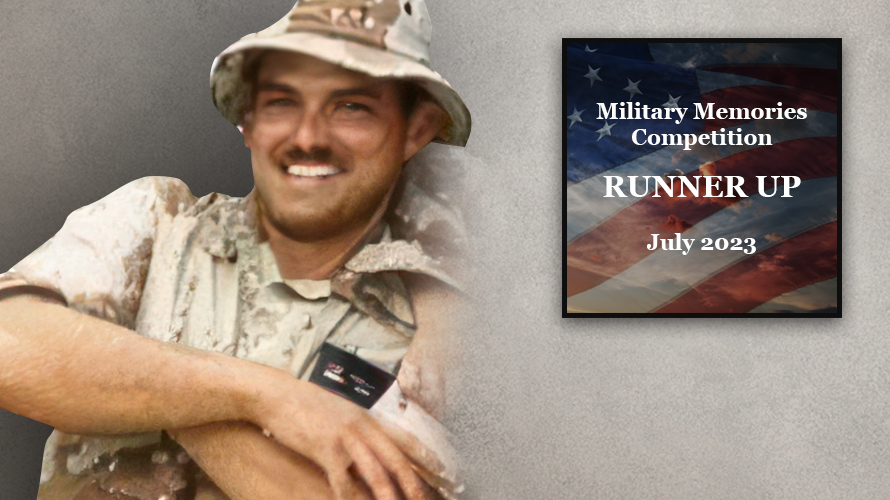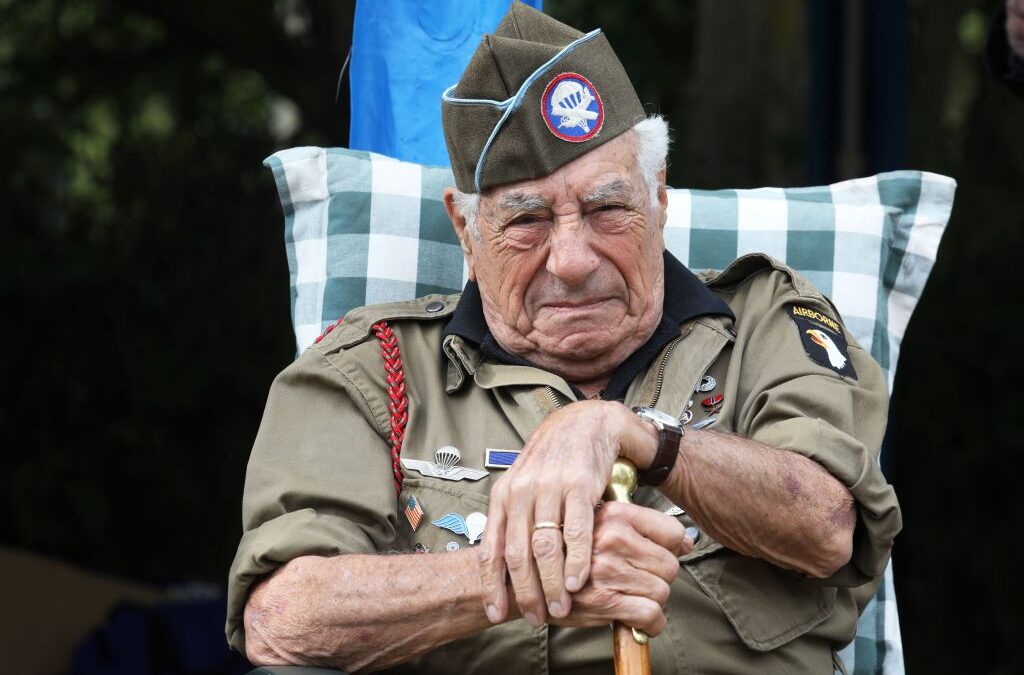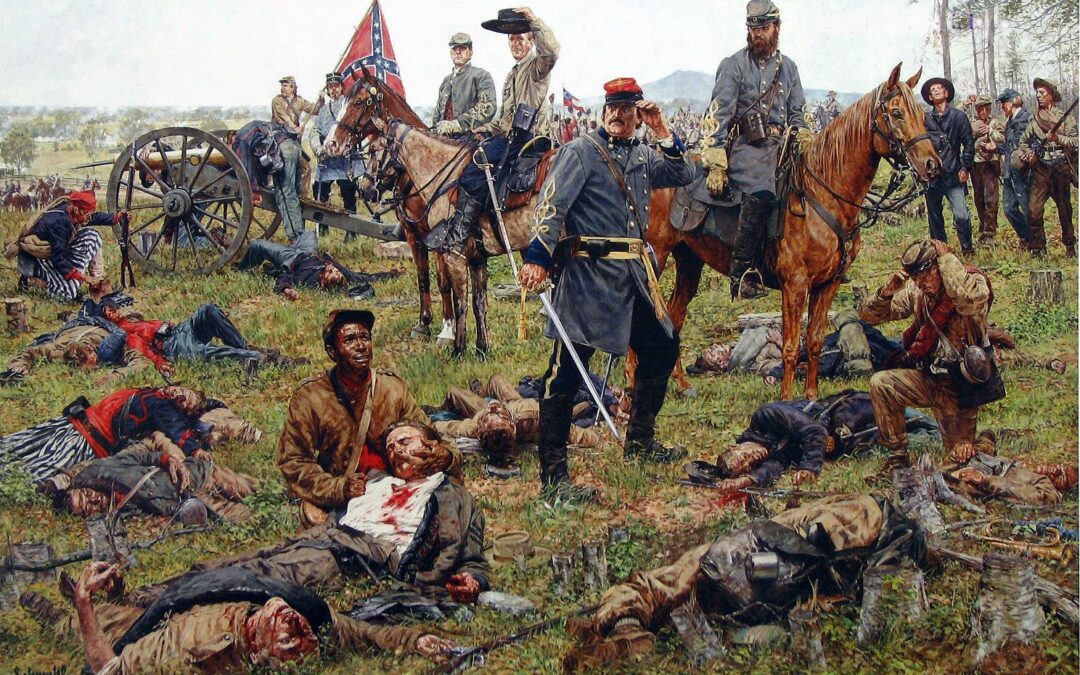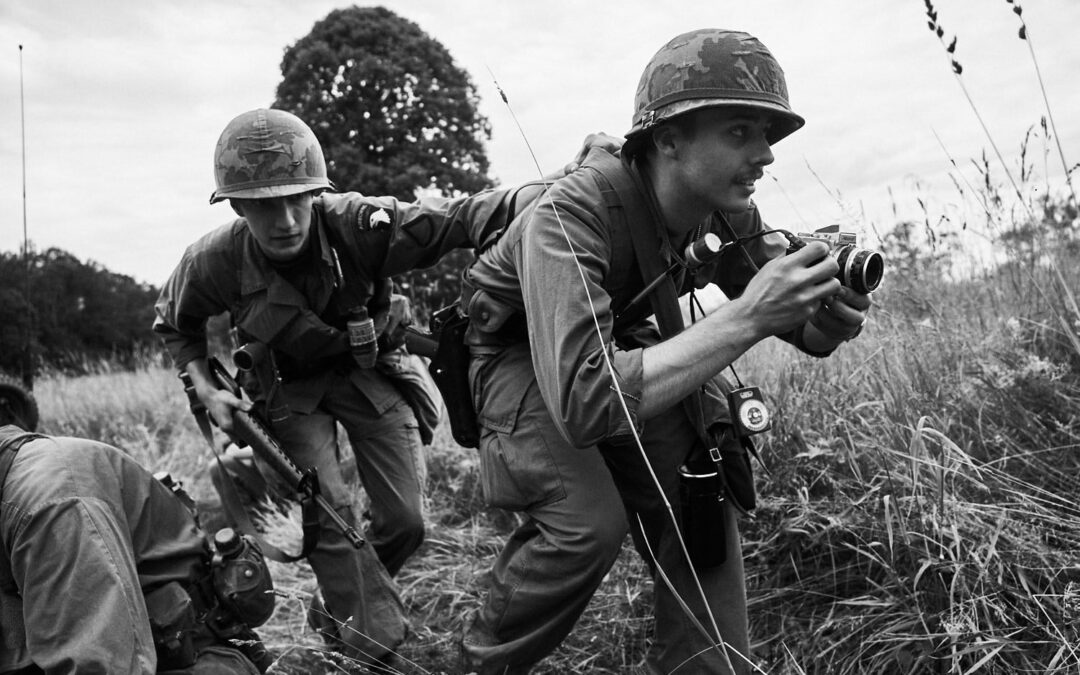There are many historical military places where you can experience ghostly specters, cold spells, and reports of things moving around all by themselves. Ghostly cavalry forces still protect F.E. Warren Air Force Base, Wyoming. Houses on Fort Leavenworth feature terrifying child ghosts. Baltimore's Fort McHenry is a veritable who's who of the afterlife, with reports of people seeing Abraham Lincoln, Edgar Allen Poe, and even Chief Black Hawk. Nowhere in the U.S. military, however, is more haunted than Okinawa. This little island packs possibly the most Halloween haunts into 463 square miles and does it all year round. Here are a few reasons why. Building 2283 is One of the Most Haunted Places in Okinawa No single place on earth was more haunted than Kadena Air Base's housing number 2283. Although it's long gone now (they say it was demolished, but it probably imploded like the house in "Poltergeist"), no one could stay there, and those who did ended up dying in a...

